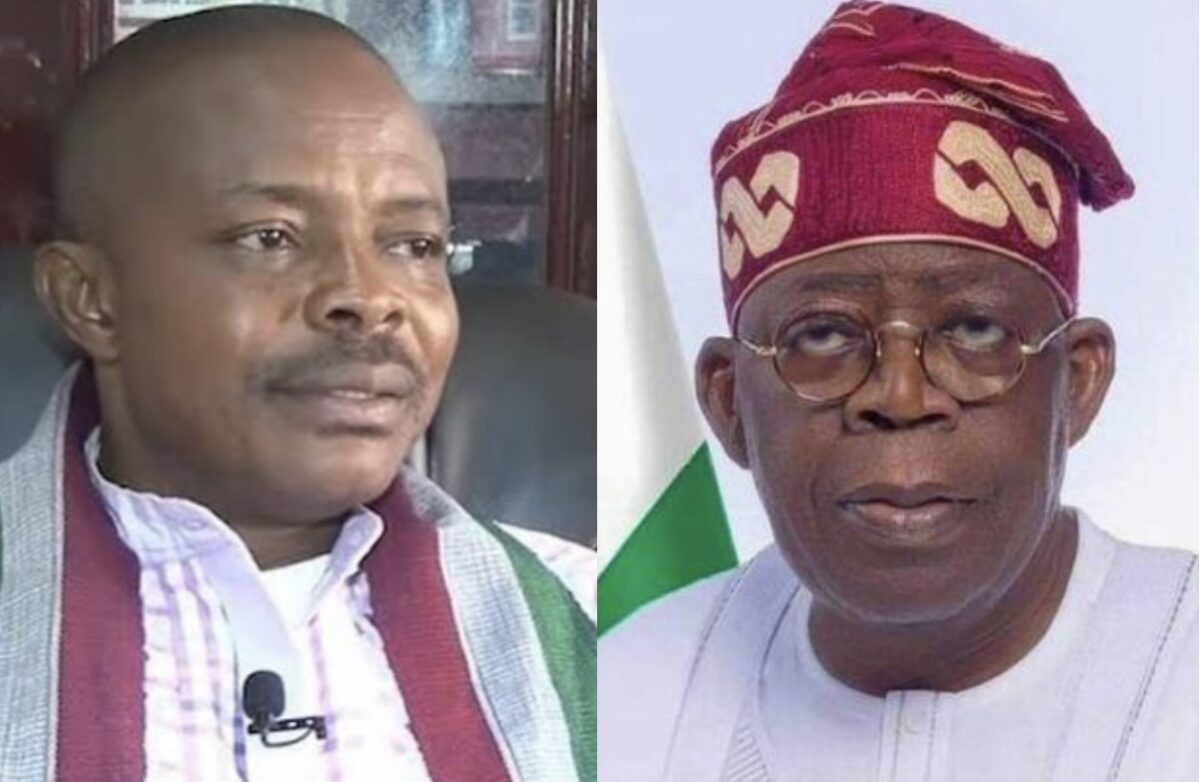The Nigeria Labour Congress (NLC) and the Trade Union Congress (TUC), the two major labour unions in the country, have boycotted an emergency meeting with the Federal Government on Friday, October 1, 2023.
The meeting was convened by the Minister of Labour and Employment, Simon Lalong, at the Presidential Villa in Abuja, to avert the planned nationwide strike by the unions.
The NLC and the TUC had announced on September 26 that they would embark on an indefinite strike from October 3, to protest against the removal of fuel subsidy by President Bola Ahmed Tinubu’s administration.
The subsidy removal had led to a hike in fuel prices, which in turn triggered inflation and increased the cost of living for millions of Nigerians.
The labour unions and their affiliates have begun mobilizing their members for the strike, which is expected to paralyze the nation’s economy.
The Air Transport Services Senior Staff Association of Nigeria, the National Association of Aircraft Pilots and Engineers, and the Association of Nigerian Aviation Professionals have all declared their readiness to join the strike.
The National Union of Banks, Insurance and Financial Institutions’ Employees, the Nigeria Union of Petroleum and Natural Gas Workers (NUPENG), and the National Union of Electricity Employees have also expressed their solidarity with the strike action.
The looming strike comes at a time when Nigeria is facing a severe economic crisis, with the Naira depreciating to N985/$ at the parallel market and inflation soaring to 25.80 per cent in August.
The strike could worsen the situation and cause more hardship for Nigerians, who are already struggling to cope with the effects of the COVID-19 pandemic.
The Federal Government has appealed to the labour unions to reconsider their decision and return to the negotiation table. It has also assured Nigerians that it is working hard to address their concerns and improve their welfare.
However, the labour unions have insisted that they will not call off the strike until their demands are met. They have demanded that the government should reverse the fuel subsidy removal, reduce electricity tariffs, increase minimum wage, and create more jobs for Nigerians.
